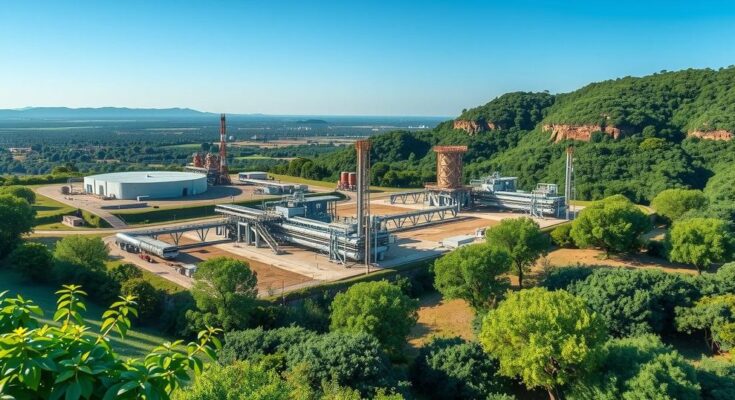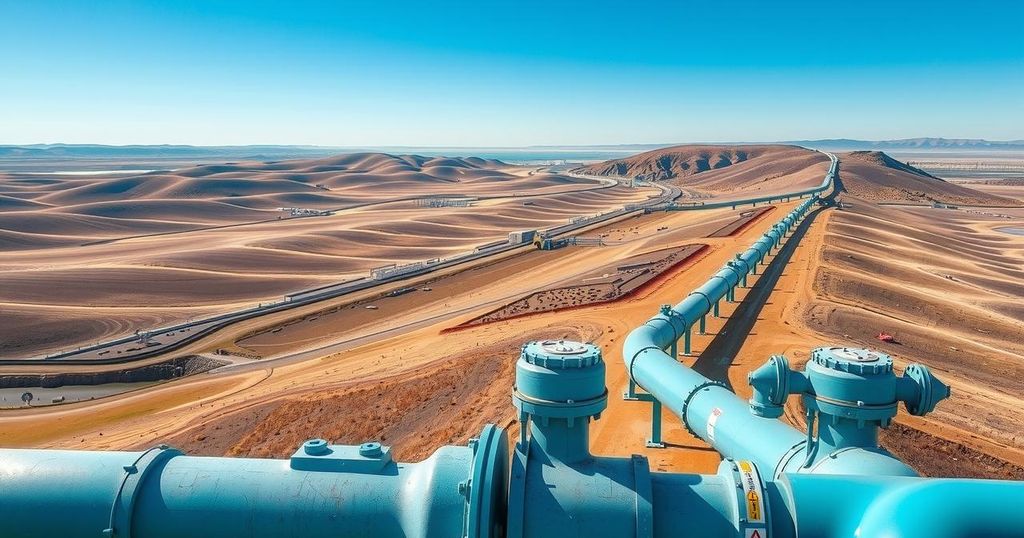The U.S. Export-Import Bank has approved a $4.7 billion loan for TotalEnergies’ LNG project in Mozambique, despite ongoing violence in the region. This approval marks a significant action aligning with the Trump administration’s fossil fuel support. Previous operations were halted due to severe human rights violations linked to hired security forces.
The U.S. Export-Import Bank’s board has approved a $4.7 billion loan for a contentious liquefied natural gas (LNG) project in Mozambique, highlighting a shift towards supporting fossil fuels in line with President Donald Trump’s policies. This loan, which came to public attention recently, is intended to finance an LNG facility being established by TotalEnergies SE in the Afungi region, an area currently experiencing an Islamist insurgency and tied to reports of significant civilian atrocities.
Originally, the bank had sanctioned a $5 billion loan during President Trump’s administration in 2019, justifying it by the potential creation of jobs in the U.S. through the export of necessary construction equipment and services. However, after reassessment, the loan amount was adjusted to $4.7 billion, which remains the largest financing agreement in the institution’s history.
The situation deteriorated in 2021 when Islamist insurgents took control of the region, leading to over 1,000 deaths and halting TotalEnergies’ operations. Consequently, financing from the U.S. and other financial institutions was suspended. Investigations have revealed that security forces hired for the project were responsible for severe human rights violations, including abductions and murders of civilians, prompting judicial inquiries into these incidents. TotalEnergies has maintained its innocence regarding the allegations.
The U.S. Export-Import Bank’s approval of a $4.7 billion loan for a contentious LNG project in Mozambique raises significant ethical concerns given the associated human rights violations. While the project promises economic benefits and job creation, it is imperative to consider the impact on local populations amidst ongoing violence. The situation highlights the complex dynamics between energy investments and humanitarian responsibilities in conflict regions.
Original Source: www.eenews.net




